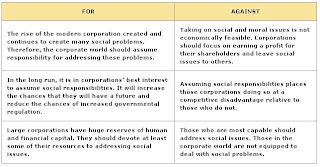The state of Indian state!
A well-written article in Hindu [http://www.thehindu.com/opinion/lead/overcome-by-a-sense-of-betrayal/article4307678.ece ] on the current problem facing the Indian system of governance.
Major points are:
Major points are:
- Delhi rape protests show profound sense of betrayal. Democracy was meant to empower them while has done the opposite [Do not criticise democracy but the functioning of Indian democracy]
- Empowerment requires the rule of law. People feel empowered only when they know that they have rights, and that the institutions of government exist, first and foremost, to enforce them. The rule of law is, however, only another name for justice. Empowerment therefore requires justice. The bedrock from which the anger that erupted on December 17 sprang is the denial of justice. In spite of being a democracy for 65 years, the Indian state has not been able to create something that people value even more than material benefits: a just society.
- According to the National Crime Records Bureau’s annual report Crime in India 2007, between 2003 and 2007 citizens filed 282, 384 complaints of human rights abuses against the police. Of these only 79,000 were investigated; only 1,070 policemen were brought to trial and only 264 — less than one in a thousand — were convicted. All but a handful stayed on at their posts, free to wreak vengeance on those who had dared to complain against them. It is therefore a safe bet that the actual number of such abuses is at least 10 times the number reported.
- Funding of elections and elimination of intra-party democracy major issues
- In earlier decades, people’s anger was held in check by their faith in the democratic system. They therefore gave vent to their demand for accountability in the state by turning out to vote in ever larger numbers and regularly overthrowing incumbent governments.
- In recent years it has begun to dawn on them that democracy has become a part of the problem and cannot therefore be part of the solution. The protest is therefore moving closer to the borders of revolt. This has been apparent in the Maoist uprising that began in 2005, and has driven the state out of large parts of 83 districts in the country.

Comments
Post a Comment